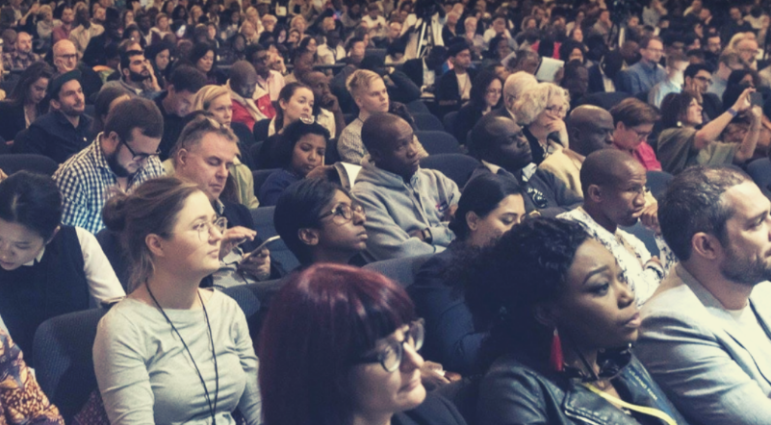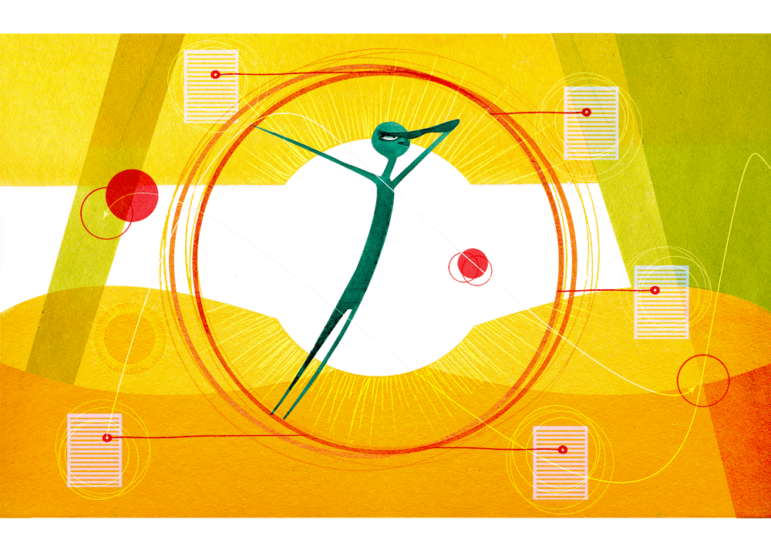
News & Analysis
Watch Your Language: How English is Skewing the Global News Narrative
The dominance of the English language might be skewing local and international reporting — as well as the global media development space — writes GIJN’s Managing Editor Tanya Pampalone. She wrote the opening essay for Hostwriter’s new book “Unbias The News: Why Diversity Matters for Journalism.”









